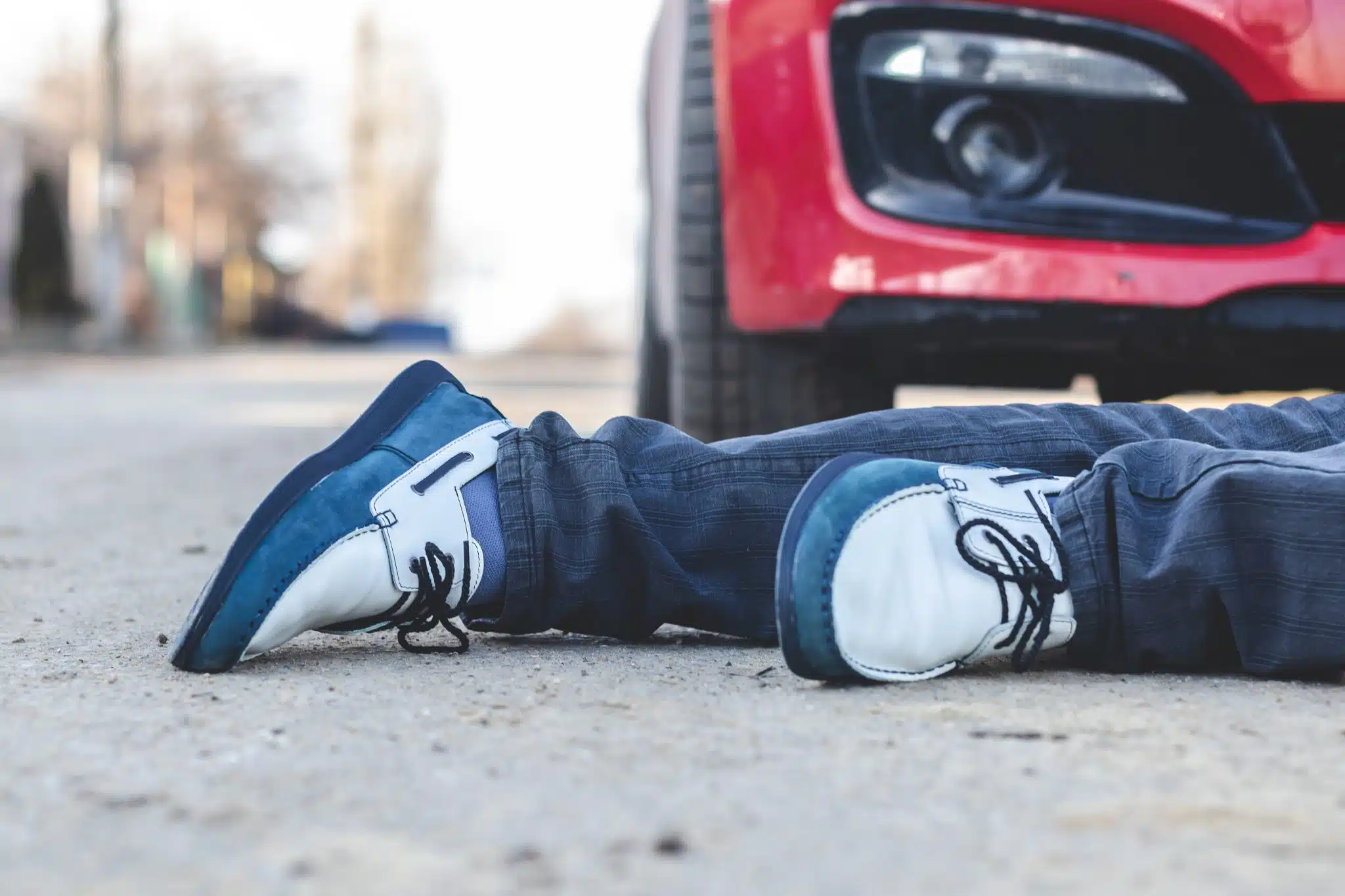
We have probably all seen them in the “fine print” at one time or another: waivers of liability, injury waivers, or pre-injury clauses we have to sign before taking part in some type of activity. Waivers of liability have become so common that we see them when renting equipment, signing up for a gym membership, or even signing our children up for sports.
Often times, what the “fine print” attempts to do is make it impossible for victims to sue if they suffer an injury stemming from the other party’s negligence. While it seems unthinkable, it may be possible to sign away some of your legal rights in certain situations by agreeing to these legally binding contracts prior to taking part in whatever situation.
On the other hand, New York state laws also provide protections for the legal rights of victims hurt by the negligence of others, even if he or she signed a pre-injury release. What constitutes a valid exculpatory clause is subject to many nuances and interpretation by courts, and for that reason we advise individuals to contact an experienced New York personal injury lawyer about their specific situation.
When Waivers of Liability are not Enforceable in New York
Under New York General Obligations Law § 5-326, waivers of liability are not enforceable if the person signing the clause did so in conjunction with some sort of payment to partake in recreational activities at swimming pools, gymnasiums, or amusement parks, among other places. This can include actions like paying for a ticket, membership, or another fee at the venue.
Paying for the privilege to engage in the recreational activity is an important part of the statute. As a matter of public policy, New York holds that any owner, operator, agent, or employee cannot be exempt from a lawsuit alleging negligence if the victim paid to engage in the activity.
Furthermore, waivers of liability for minors are generally unenforceable in New York. Neither the minor nor his or her parent can sign away these rights and defendants like schools, sports camps, or instructors can be held liable for their gross negligence or otherwise disregarding what a reasonable person would deem a foreseeably dangerous situation.
Legal Recourse
Whether or not a waiver of liability is enforceable can become very complicated and defendants often attempt to skirt their responsibility and deny victims their duly owed compensation even if the negligence is apparent. Therefore, if you have suffered an injury, it is important to contact an experienced New York personal injury attorney to help determine your rights.



